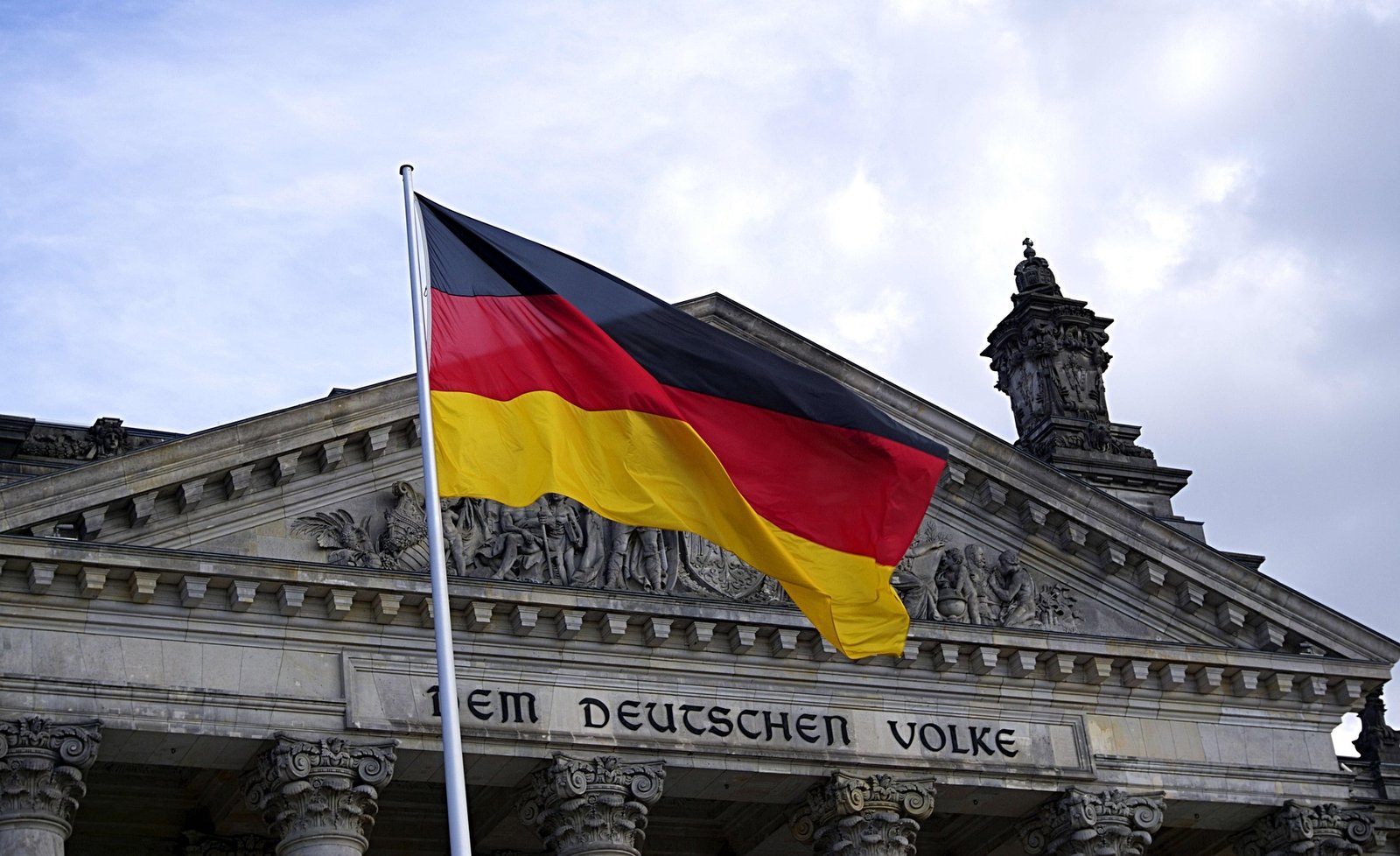
Germany’s business formation activity has slowed this year. Company registrations are down, especially among startups, as founders navigate a mix of legal formality and evolving governance rules. The trend, while not dramatic, signals increased caution in one of Europe’s most regulated corporate landscapes.
According to industry data reviewed by local advisory firms, applications to establish GmbHs – Germany’s limited liability structure – dipped about 4% in the first quarter compared to the same stretch last year. Several attorneys said tighter capital access and lengthy documentation reviews are partly to blame. Others pointed to growing concern around compliance standards that have shifted in recent months.
Startups Face Structural Complexity
Launching a business in Germany isn’t just about paperwork. It’s about understanding the legal framework that governs corporate behavior from the first day. In practice, that means choosing the right legal form, notarizing founding documents, opening an approved business account, and making a minimum capital deposit. But beyond that, founders must anticipate governance demands that often catch foreign entrepreneurs off guard.
Lawyers who specialize in helping international startups say the number of consultation requests has increased sharply since January. Many ask the same questions: What is required to satisfy Germany corporate governance law? How strict are the reporting obligations? Will board decisions need formal documentation?
How to Set Up a Company with Legal Guidance
Business formation in Germany, including crypto companies, typically involves the following steps.
- Choosing a legal form (GmbH, UG, AG, or partnership).
- Drafting and notarizing the Articles of Association.
- Depositing starting capital into a dedicated business bank account.
- Registering with the local Trade Office (Gewerbeamt).
- Entering the company into the Commercial Register (Handelsregister).
- Submitting documentation to the Tax Office and Social Insurance authorities.
Each step comes with its own deadline and formal criteria. For GmbHs, for example, the €25,000 share capital doesn’t need to be paid in full upfront – but half of it must be deposited before registration is accepted. A minor misstep, such as unclear beneficial ownership or improper formatting of a shareholder agreement, can delay approval for weeks.
Corporate Governance Solutions in a Changing Landscape
Corporate governance Germany frameworks are expanding. Medium-sized firms now face pressure to implement stricter internal controls, even if not publicly listed. While not yet mandated by law, advisory firms are urging clients to prepare for what they call a “soft rollout” of compliance enhancements.
Supervisory board appointments, shareholder transparency, and structured decision-making are being discussed more frequently in legal workshops. Several legal providers have introduced governance packages for SMEs – templates, review sessions, and training to help private firms stay ahead of regulation.
Governance in Germany is no longer just for listed companies. Private firms need the same documentation readiness – especially if they seek credit, grants, or foreign investment.
Regulations and Their Ripple Effects
Recent updates have reshaped how companies think about oversight. A new guideline issued in March recommends voluntary alignment with EU best practices, including the use of independent directors and annual board evaluations. While adoption isn’t yet universal, legal experts believe it’s a sign of more binding rules to come.
Some entrepreneurs are restructuring proactively. In Berlin, a tech incubator confirmed that three of its portfolio companies appointed governance officers in Q1 – a move rarely seen outside of the corporate boardroom just two years ago.
Legal Advice on Corporate Structure
Choosing the wrong legal form at the start can lead to tax disadvantages or liability issues later on. For this reason, attorneys recommend early legal input – not only for formation, but also for long-term planning. In particular, founders should consider:
- shareholder liability and profit distribution models;
- reporting burdens for different company types;
- structural needs if future funding rounds are expected;
- potential exit strategies and how they align with legal form.
A founder building a fintech product in Munich noted that switching from a UG (entrepreneurial company) to a GmbH mid-growth forced them to repeat several filings. “We didn’t realize how tight the rules were until we hit traction,” he said. “That slowed our Series A by almost two months.”
Support Services for Business Owners
A growing number of law firms and business formation agencies now offer bundled services that integrate both setup and governance support. These include digital onboarding, legal template packs, compliance calendars, and ongoing access to attorneys familiar with corporate governance in Germany.
Entrepreneurs cite convenience and clarity as key reasons for using these services. With timelines extending and rules tightening, few want to risk delays over technical missteps.
Still, legal experts warn that no bundle can replace proper advice. Germany’s legal code doesn’t bend. It’s better to ask ten questions early than make one silent mistake that costs €20,000 later.
The Bottom Line
Germany remains one of the most attractive countries in Europe for serious business founders. It offers market access, political stability, and a structured legal environment. But it also demands preparation, especially when it comes to governance.
As the country sharpens its focus on compliance and structure, business owners – both local and foreign – are learning that successful formation is no longer just about capital or innovation. It’s also about getting the legal structure right from the start.







